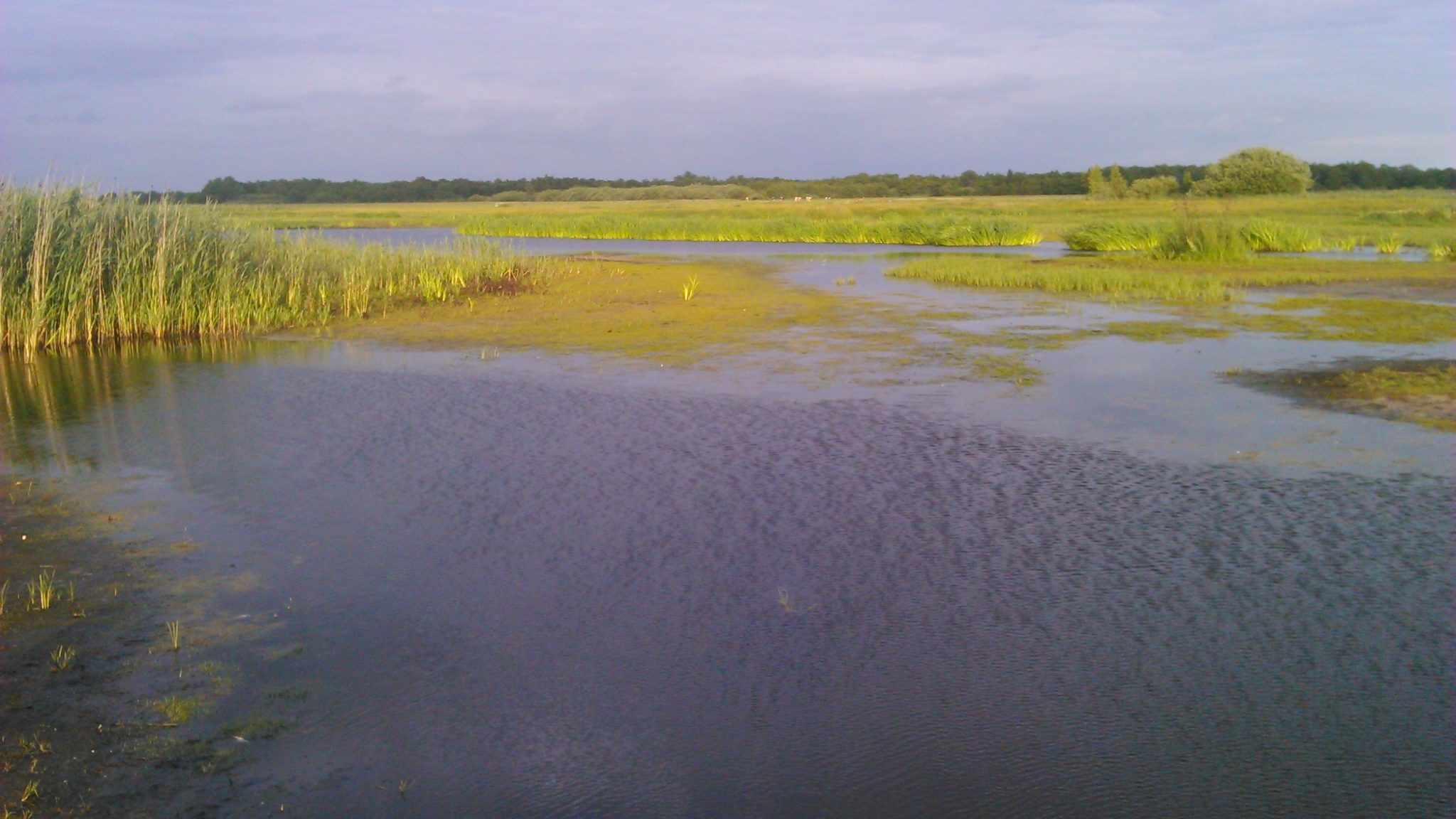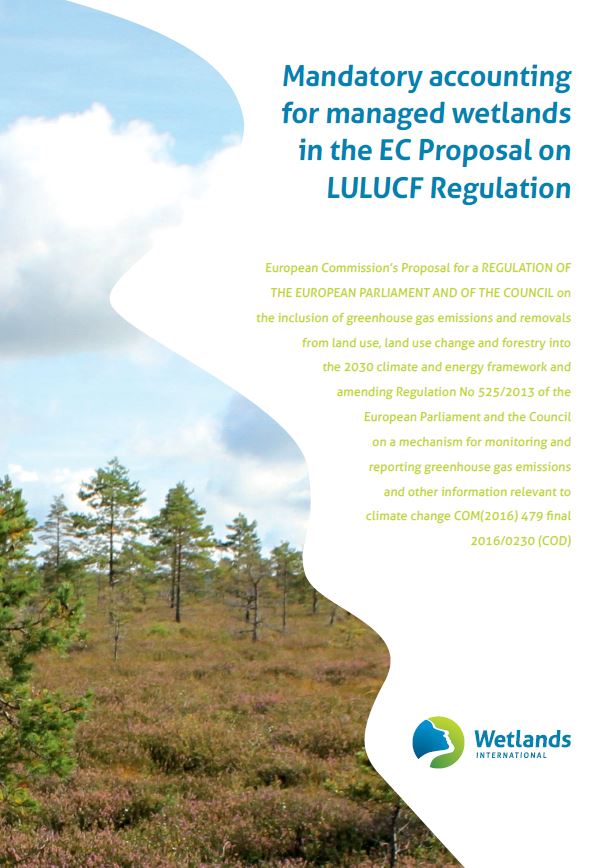
Mandatory accounting for managed wetlands
The proposal of the European Commission on a Regulation of The European Parliament and of The Council on the inclusion of greenhouse gas emissions and removals from land use, land use change and forestry into the 2030 climate and energy framework and amending Regulation No 525/2013 of the European Parliament and the Council on a mechanism for monitoring and reporting greenhouse gas emissions and other information relevant to climate change COM(2016) 479 final 2016/0230 (COD) was released in July 2016. Now it is up to the European Parliament and the Council to improve what for us is a dossier which lacks of ambition.
While welcoming the attempt of the European Commission to help Member States to prepare their post-2020 energy and climate strategies to achieve the target of the Paris Agreement and the 2030 Agenda, we, Wetlands International European Association, Greifswald Mire Centre and Birdlife want to stress the need for a regulation which takes into account all land use categories to reflect what “the atmosphere sees”.
Thus it is of utmost importance to agree for a mandatory accounting for managed wetlands. Accounting for all land use categories would:
• Give a better understanding of all GHG released into the atmosphere
• Incentivise the protection of existing carbon reservoirs
• Promote new land management practices and technologies (e.g. paludiculture) that reduce greenhouse gas emissions by rewetting drained organic soils and increase additional environmental co-benefits (improving air, soil and water quality, biodiversity) while maintaining productivity.
We recommend the following:
• Accounting for managed wetlands should become mandatory, and be included in the list of land accounting categories of the scope (art.2) of the Proposal. This would recognize the mitigation potentials of peatlands.
• Conservation, restoration and wise use of peatlands are essential and very costeffective measures for long term climate change mitigation and adaptation as well as biodiversity conservation.
• Rewetting of peatlands should be promoted to reduce or halt emissions. Sufficient information is already available on peatland location and status, as well as on rewetting techniques and monitoring methodologies. In case of agriculturally used land, paludiculture enables to reduce the GHG emissions, while at the same time maintaining the production function of the land.
• Subsidies and regulations that drive peatland drainage and destruction must be eliminated.
Read the full document.

